The digital age has birthed countless new forms of communication, and with them, an unexpected phenomenon: the astrology of punctuation. Just as the stars are said to influence personality traits, the way people use punctuation in texts, emails, and social media posts is now being analyzed as a window into their inner selves. This quirky yet fascinating trend, often dubbed "Punctuation Astrology," has gained traction among linguists, psychologists, and even casual internet users who swear by its accuracy.
At its core, Punctuation Astrology operates on the premise that the symbols we choose—or omit—reveal subconscious patterns in our behavior. For instance, a person who frequently employs ellipses (...) might be perceived as hesitant or contemplative, while someone who favors exclamation points could be seen as enthusiastic or even overbearing. The semicolon, that often-misunderstood hybrid, has become a hallmark of the overthinker, the writer who refuses to let a thought end too abruptly.
What makes this trend particularly intriguing is its grassroots origins. Unlike traditional astrology, which has centuries of mythology behind it, Punctuation Astrology emerged organically from online communities. Forum threads dissecting the hidden meanings behind text messages date back to the early 2000s, but the practice gained mainstream attention when social media platforms like Twitter and TikTok turned it into a viral sensation. Suddenly, people weren’t just analyzing their friends’ messages for tone—they were assigning entire personalities based on comma usage.
Critics argue that this is little more than modern-day palm reading, a pseudoscience with no empirical backing. Yet, proponents counter that language has always been a mirror of the mind. After all, psychologists have long studied speech patterns and word choice to gauge mental states. Punctuation, they argue, is simply another layer of that same linguistic fingerprint. The debate rages on, but one thing is certain: in an era where digital communication dominates, the way we punctuate has become a new frontier of self-expression.
Perhaps the most compelling aspect of Punctuation Astrology is its universality. Unlike zodiac signs, which are tied to birth dates, punctuation habits are shaped by environment, education, and personal quirks. A period at the end of a text might signal finality to one person, while another might see it as cold or passive-aggressive. The generational divide is particularly stark—younger generations often view proper punctuation as overly formal, while older users cling to it as a mark of clarity. These differences don’t just reflect individual personalities; they highlight broader cultural shifts in how we communicate.
Then there’s the question of intentionality. Can people change their "punctuation sign" the way they might adopt a new slang term or emoji? Some linguists suggest that while baseline habits are hard to break, situational adjustments are common. A normally exclamation-heavy texter might tone it down in a professional email, just as a zodiac Leo might dial back the theatrics in a serious meeting. This fluidity adds another dimension to the practice, blurring the line between innate tendency and conscious performance.
As with any internet-born trend, commercialization was inevitable. Brands have begun leveraging Punctuation Astrology in marketing campaigns, targeting demographics based on their perceived punctuation preferences. Dating apps prompt users to describe their ideal partner’s texting style alongside traditional traits like height and hobbies. Meanwhile, tongue-in-cheek quizzes ("Are you a comma or a question mark?") rack up shares across platforms. Whether this is harmless fun or the commodification of yet another human behavior depends largely on who you ask.
What’s next for Punctuation Astrology? Some predict it will fade into obscurity like so many viral curiosities before it. Others believe it’s the beginning of a larger movement to decode the hidden languages of digital interaction. After all, if something as small as a misplaced apostrophe can spark outrage, there’s clearly more at play than mere grammar. In a world where we communicate as much through symbols as through words, perhaps these tiny marks on our screens really do tell the story of who we are.
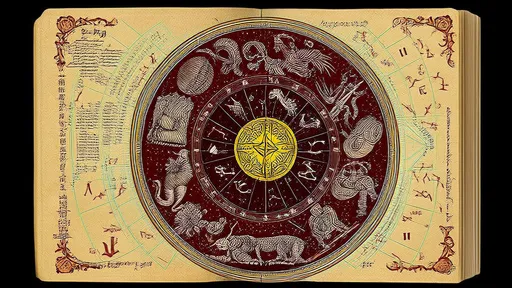
By /Jul 10, 2025

By /Jul 10, 2025
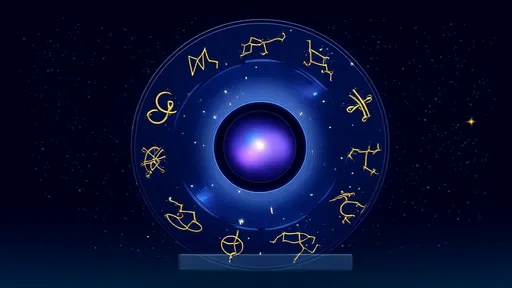
By /Jul 10, 2025

By /Jul 10, 2025
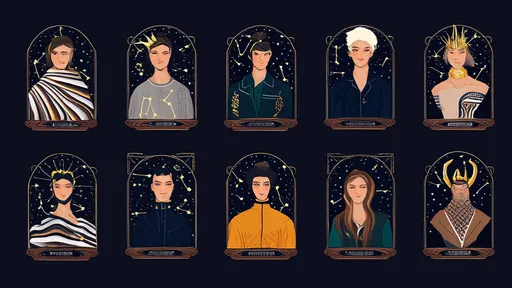
By /Jul 10, 2025

By /Jul 10, 2025

By /Jul 10, 2025
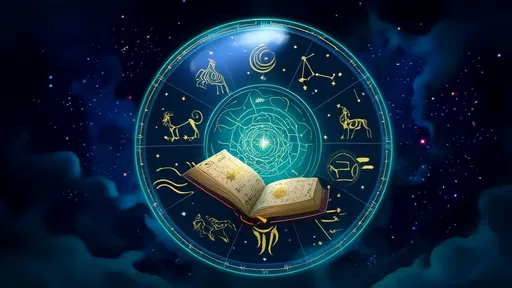
By /Jul 10, 2025
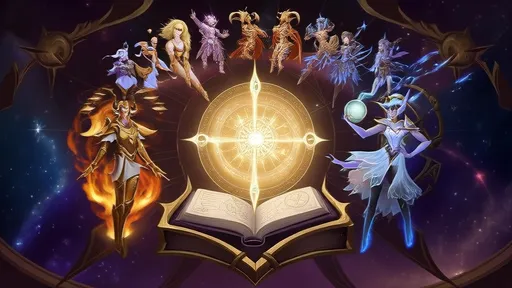
By /Jul 10, 2025
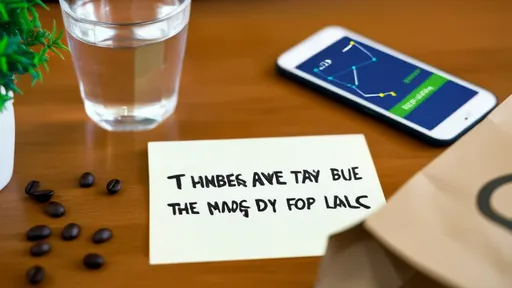
By /Jul 10, 2025

By /Jul 10, 2025
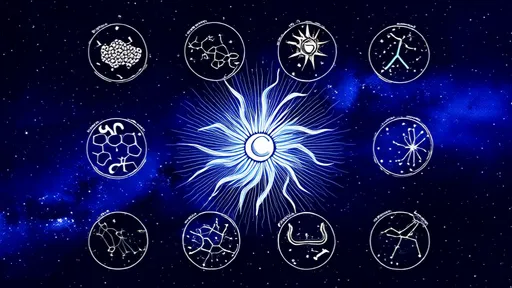
By /Jul 10, 2025
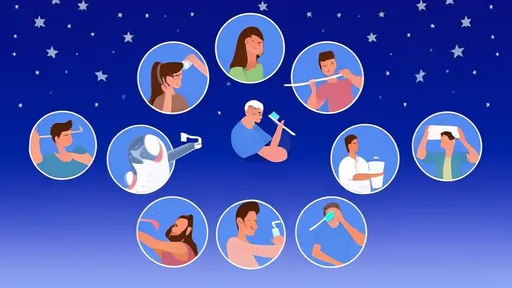
By /Jul 10, 2025

By /Jul 10, 2025

By /Jul 10, 2025

By /Jul 10, 2025

By /Jul 10, 2025
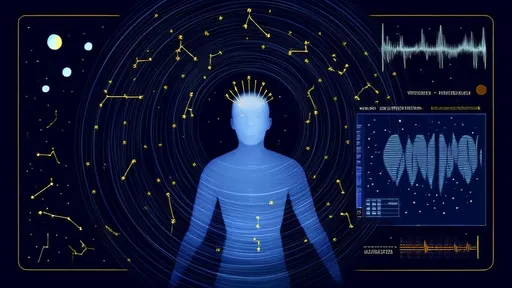
By /Jul 10, 2025